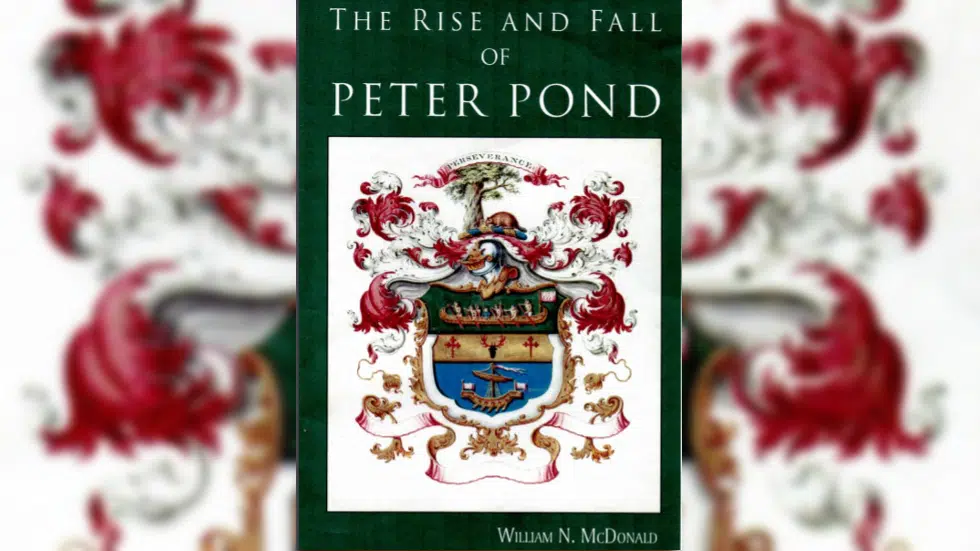
Historical novel brings Peter Pond’s story to life
A Connecticut man has penned a historical novel chronicling the life of fur trader and explorer Peter Pond.
William McDonald, a retired reporter and amateur historian who lives in Pond’s home town of Milford, Connecticut, published his historical novel The Rise and Fall of Peter Pond in December. Although the book is based on more than 20 years of detailed historical research, McDonald said he wrote dialogue and filled in the gaps himself in order to bring Pond’s story to life.
“I connect the dots by doing my own fictional fleshing-out of different people and what led up to these historical events,” McDonald told paNOW.
Peter Pond (1740-1807) was a founding partner in the North West Company and was instrumental in opening the Athabasca country to western traders, McDonald said, providing access to “the richest furs that anybody had ever seen.” Pond established a trading post in present-day Saskatchewan, he said, which is now marked as a National Historic Site. Pond’s exploration of the Athabasca region was later expanded by famed explorer Sir Alexander Mackenzie, who replaced Pond after he left the company.


